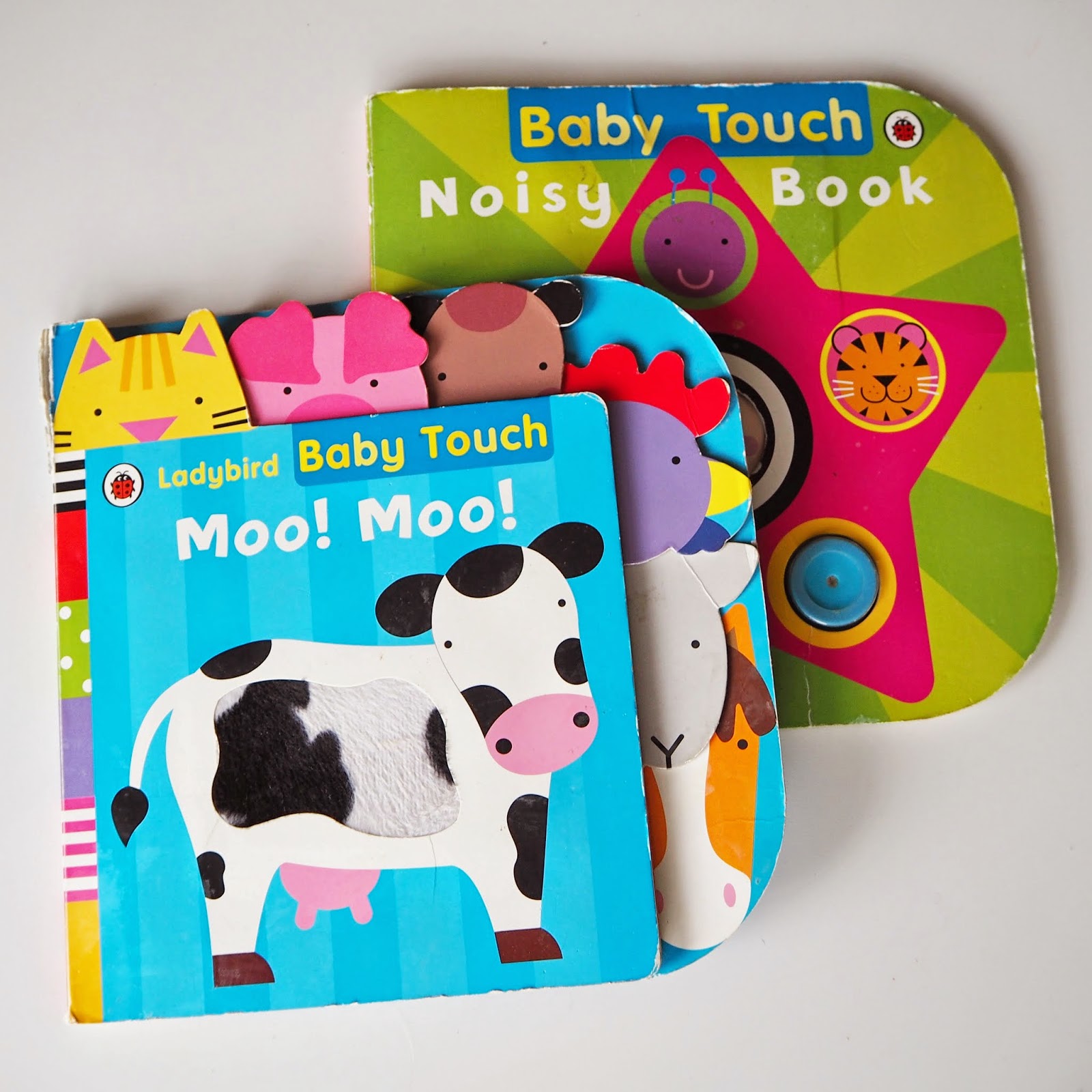

Choose the sentences you like the best, the ones that make you sound more eloquent.

Be specific, advised Chimamanda Ngozi Adichie during one of her classes at the Purple Hibiscus Creative Writing Workshop, it’ll make your stories sound eloquent and more authentic.Rewrite the sentence as many times as you can in as many different ways as you can. You might end up with something like, “I strolled along the promenade until I came to the theater,” or something entirely different from the original sentence. Rewrite the sentence, word by word, until you have something totally different.Choose a simple sentence, like “I walked through the park to the theater.Here’s one of the best exercises for improving eloquence: Giving yourself daily prompts and writing exercises can help you overcome the mental block while also allowing you to hone certain writing skills. The trick, though, is overcoming writer’s block and making every minute you have to write a productive one. Give Yourself Prompts and Eloquent Writing Exercisesĭon’t listen to any writer who says the words constantly flow! Everyone struggles with writer’s block from time to time. And if you get tired, remember your goal.

To ramp up your vocabulary, the best thing you can do is - you guessed it - read!īut you can also use tricks like memorizing quotes and reading things you wouldn’t normally read in order to improve your mental word vault. Reserve the thesaurus for preliminary research, not as a go-to guide for finding the right words. In fact, readers can tell when you’re relying too heavily on the synonym-finder - oftentimes, it can feel inauthentic when you don’t integrate words that feel natural as part of the greater work. It’s not enough to just keep a thesaurus alongside your favorite journaling notebook. Photo credit: by Chinnapong on shutterstock Work on Your Vocabulary Like You’re Studying for the SAT In other words, you can only enhance your eloquent writing skills by reading the works of the most eloquent writers. if you want to become an eloquent writer, make sure to build up your swap files with the works of all eloquent writers you admire.” he adds. “You won’t make it past the first mile without spending some time hitting the books, so to speak.
Booksfo for eloquent speaking professional#
“For writers, reading is like training for a marathon,: comments professional copywriter, Dimitar Karamarinov.

Eloquent Writing Doesn’t Come Easy: Read Everything You Can Read and More Here are some great ways to work on the eloquence factor of your work, with advice from some of the literary world’s best. It’s also about saying what you want to say clearly and with conviction.
Booksfo for eloquent speaking series#
While flowery language can be beautiful - and it certainly has its place in the world of literature - eloquence is about more than just stringing together a series of pretty sentences. Becoming a good and eloquent writer takes a lot more skill - and eloquence doesn’t come naturally to everyone who sits down with a pen and a piece of paper.īut how does one actually become an eloquent writer? Eloquence is subjective, of course, but by and large, we consider eloquent writing those works that are fluent, elegant, persuasive or simply good at conveying what they’re meant to convey. But discipline (or to put it more expressively, derriere in chair) is only half the battle. It’s an adage that’s been attributed to many famed, eloquent writers throughout history - Stephen King, Dorothy Parker, Oliver Stone - but actually traces its roots back to writer Mary Heaton Vorse, who reportedly fed the tidbit to a young Sinclair Lewis. That’s definitely a good example of eloquent writing. Very little is said about how eloquent writing is actually achieved.Īn age-old writer’s cliché goes like this: Apply the seat of the pants to the seat of the chair. The first step, they say, is to sit down and write eloquently. There’s no magic formula to becoming a successful and eloquent writer.


 0 kommentar(er)
0 kommentar(er)
